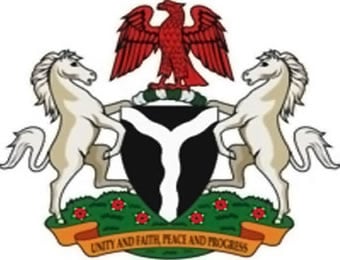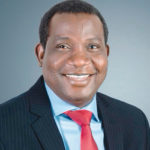The Minister of Education, Malam Adamu Adamu, said this at a one-day symposium on policy and practice in open and distance learning in Abuja on Tuesday.
The symposium was a collaborative effort of the National Universities Commission and the University of London.
Adamu, who was represented by the Director, Tertiary Education, Mr Joel Ojo, underscored the provision of universal access to education, saying that globally, ODL had been embraced as a panacea to inadequate access to quality education as well as promoting lifelong learning.
“Of priority to government is its commitment to the attainment of the 2015 United Nations Sustainable Development Goals, which challenge developed and developing nations.
“It is also to ensure inclusive and equitable quality education and promote lifelong learning opportunities for all by the year 2030.
“The government’s commitment to providing equitable quality education and promote lifelong learning for all had been clearly stated in the National Policy on Education of 1977 reiterated in the NPE of 2004,” he said.
Adamu added that the government was also lending its support to the ongoing efforts of the National Universities Commission mandated to promote the widespread acceptability of the ODL mode of education.
He also reiterated government’s high expectations of the National Open University (NOUN) and other universities offering degree programmes via the ODL to improve all facilities that would enhance and support flexible teaching mode.
Adamu urged Nigerian universities to comply with regulatory guidelines for the qualitative development of the Nigerian University system as laid down by government through NUC as this would internationalise world best global practices.
The executive secretary, National Universities Commission, Professor Abubakar Rasheed, said the ODL would help ameliorate the problems of inadequate access to university education.
Professor Rasheed said based on the endless applications from conventional universities desirous of becoming dual-mode providers of university education, the commission was in the process of assessing and mentoring 15 additional universities.
He said nine organisations had applied for licenses to establish private open universities – all in a bid to meet the need of inadequate access to university education.
The NUC chief said the collaboration between NUC and the University of London would provide and promote global best practices and assist in a more dynamic way to promote university education in Nigeria.
Mr Mike Obe, Director of Global Engagement, University of London, called for more supportive government policies to ease the increased demand for lifelong learning.
He said there was need for flexible learning through the ODL so that many people could benefit and attain greater height.
He added that since 1995, the average global higher education participant rate had increased by 4 per cent and made possible through ODL.
Prof. Peter Okebukola, President, Global University for Innovation in Africa, called for better collaboration that would promote quality assurance in the Nigerian environment.
“The concern of Africa is on how to deliver quality ODL, the partnership should be the best in terms of skills, attitude and knowledge.
“We want to see quality assurance playing quality role in the Nigerian educational environment.”
Also, Mr Aminu Suleiman, Chairman, House Committee on Tertiary Education pledged continuous support for quality education in the country.
He also promised provision of legislative framework that would yield to the success of the ODL mode.





